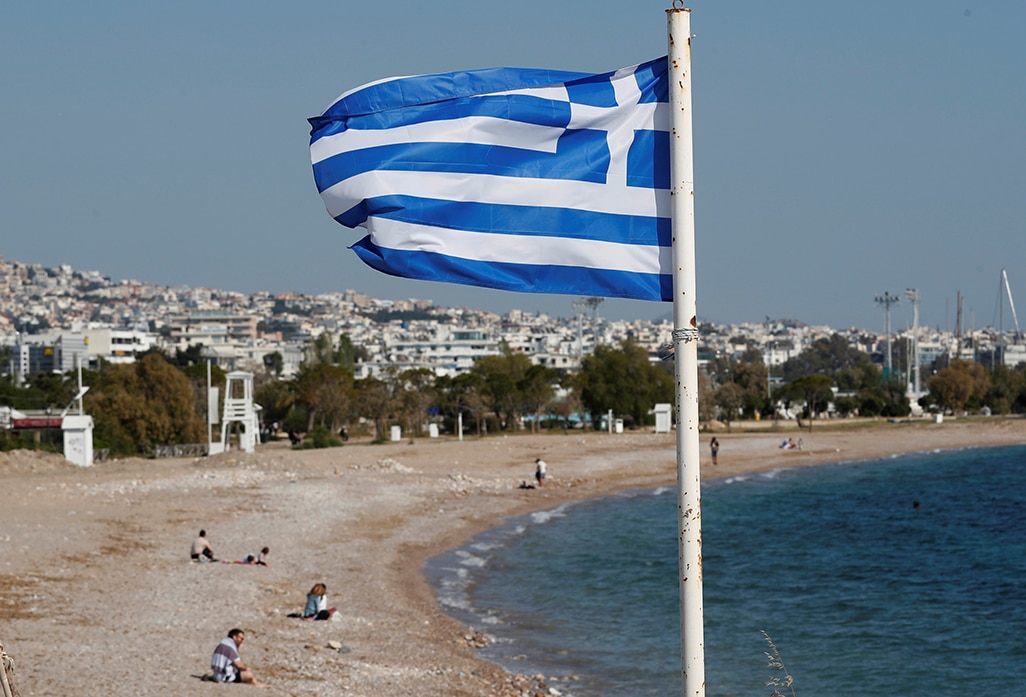Greek shipping sector adapts to market demands
Greek Shipping: A Global Maritime Leader

The Greek shipping sector remains a formidable force in the global maritime industry, commanding 21% of the world’s transport capacity and 60% of Europe’s, despite representing only 0.15% of the global population. This impressive standing underscores Greece’s critical role in transporting essential commodities like oil, gas, and goods worldwide. The country’s strategic position in the maritime sector is not coincidental; it stems from decades of innovation and adaptability to the evolving demands of the 21st century.
Greek Shipping’s Competitive Edge
The valuation of the Greek-owned fleet stands at an impressive $188.1 billion, making Greece the third-largest shipping power globally, trailing only behind two leading maritime nations. Greek shipping excels particularly in the tanker and LNG carrier sectors, with a fleet valued at $103.7 billion. This dominance allows Greek tankers to carry 410 million tonnes, surpassing its closest competitors.
In the liquefied natural gas (LNG) transport sector, Greek investments have carved out a significant niche, with a national fleet valued at $32.4 billion. This positions Greece as a central player in the global energy distribution network, especially as the world shifts towards cleaner energy sources. However, competition remains fierce, particularly in the container ship sector, where Greece ranks fifth globally.
Indian Navy is hosting its third Station Commanders’ Workshop
The shipbuilding industry reflects the intensity of this competition. In the past year, Greece secured 176 shipbuilding orders, demonstrating its commitment to maintaining a modern fleet. Other key players, such as Singapore, Japan, and Germany, also remain significant in the shipbuilding market. Overall, the industry recorded 2,595 orders for various vessels, including tankers, cargo ships, and gas carriers.
Despite the challenges, the outlook for Greek shipping remains positive, bolstered by continuous investments in fleet modernization and infrastructure improvements. Industry leaders advocate for reduced bureaucracy and increased technological investment to enhance the competitiveness of the Greek flag on the global stage. They emphasize that while self-congratulation is pleasant, it should not hinder further progress.
